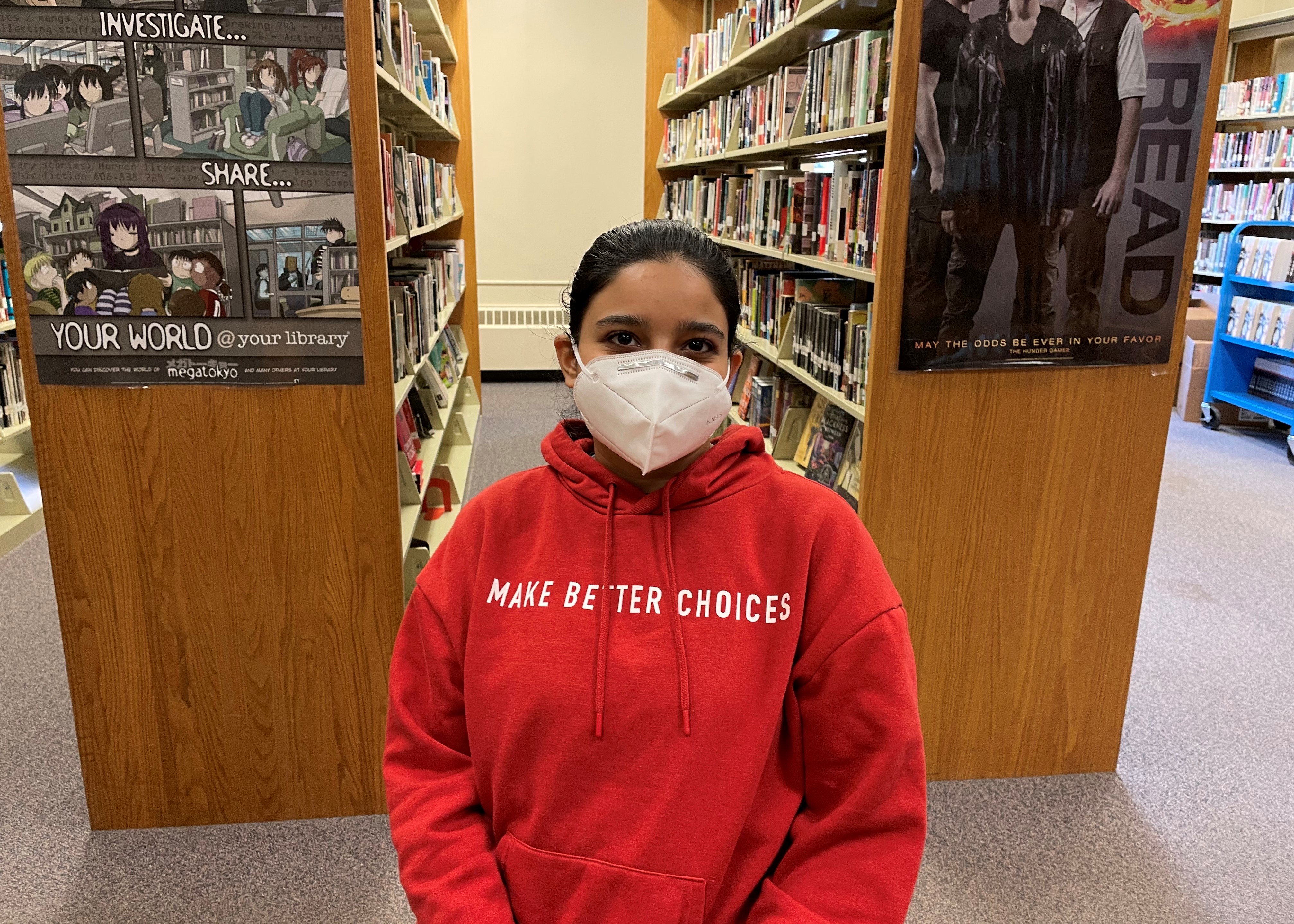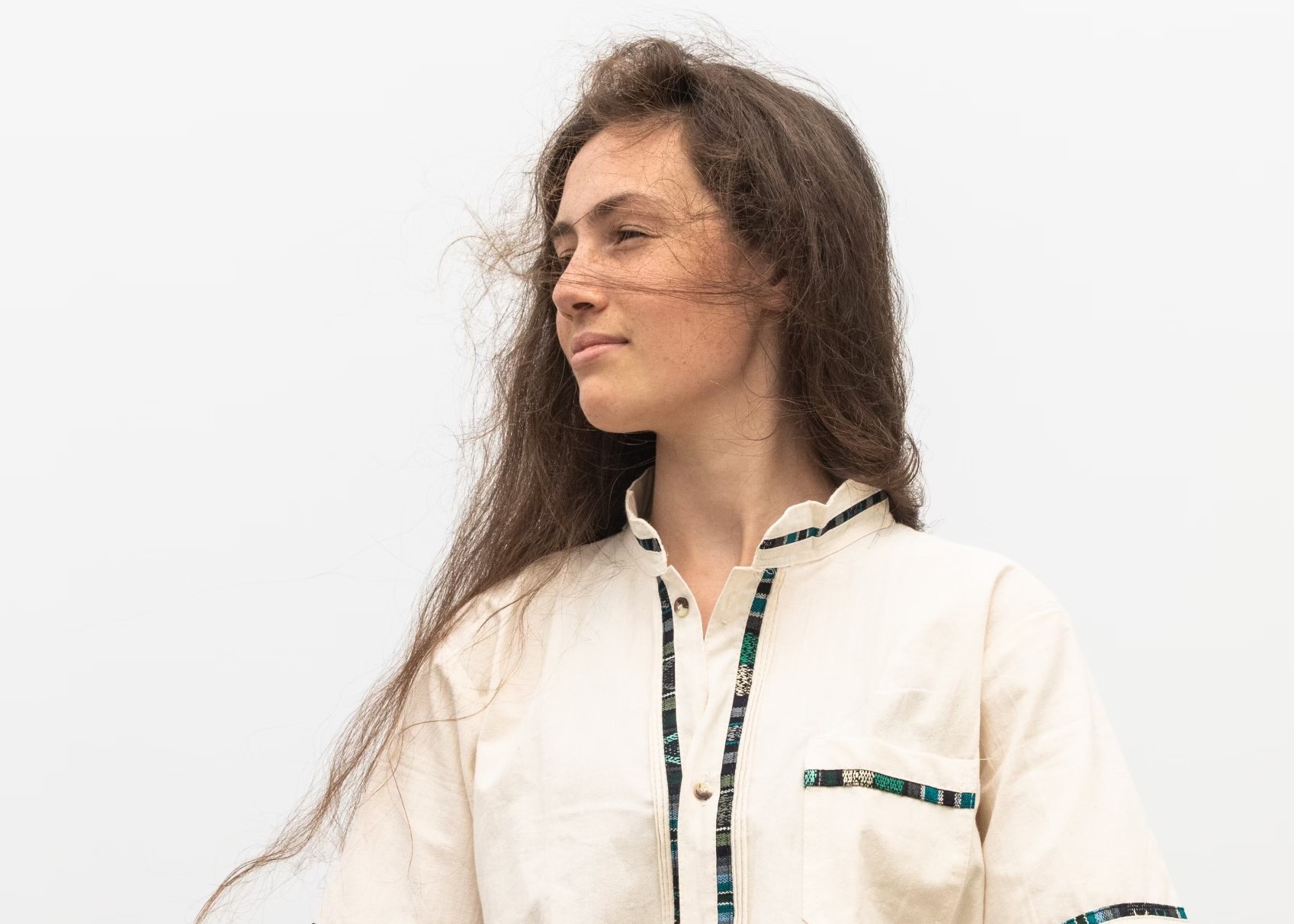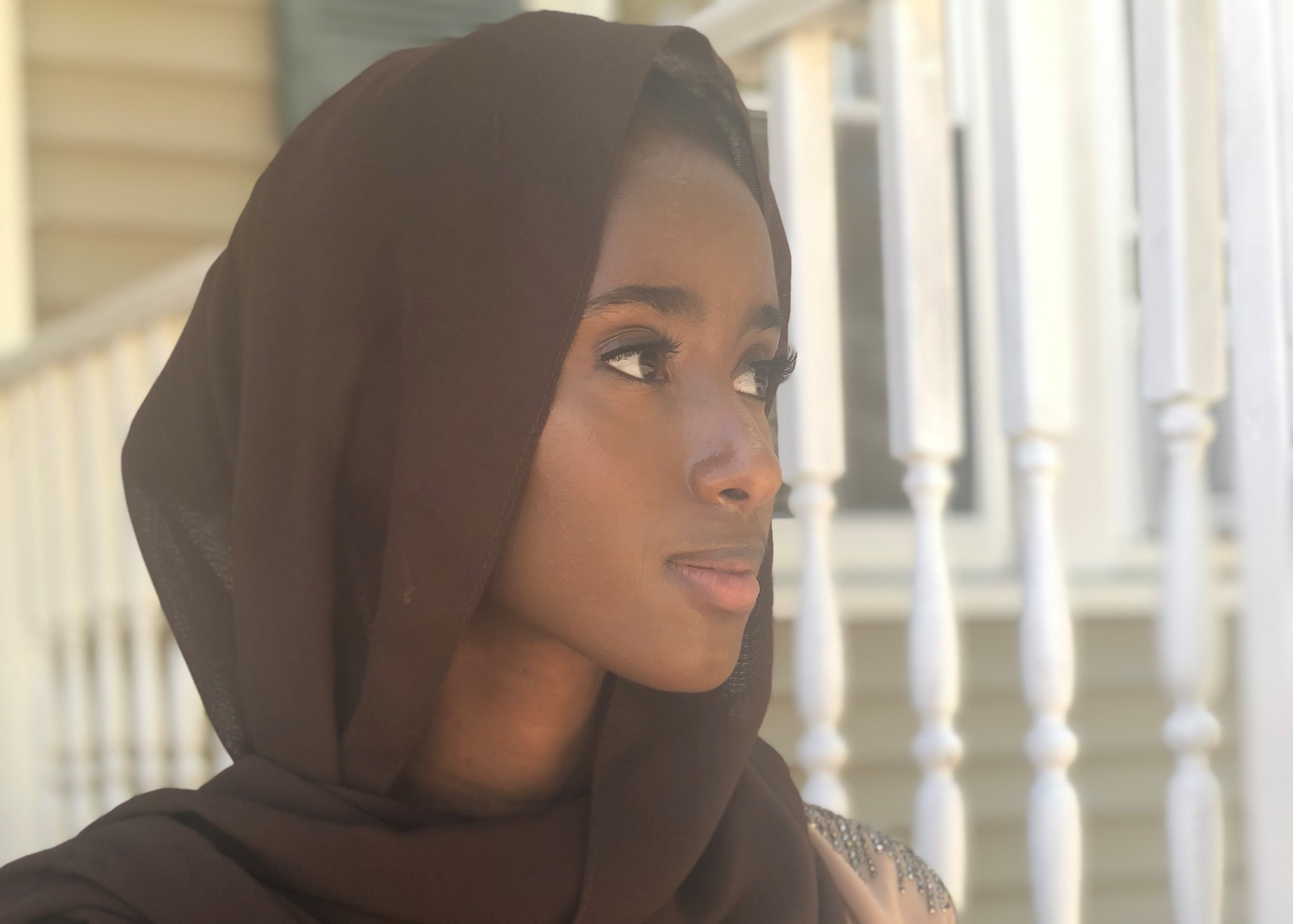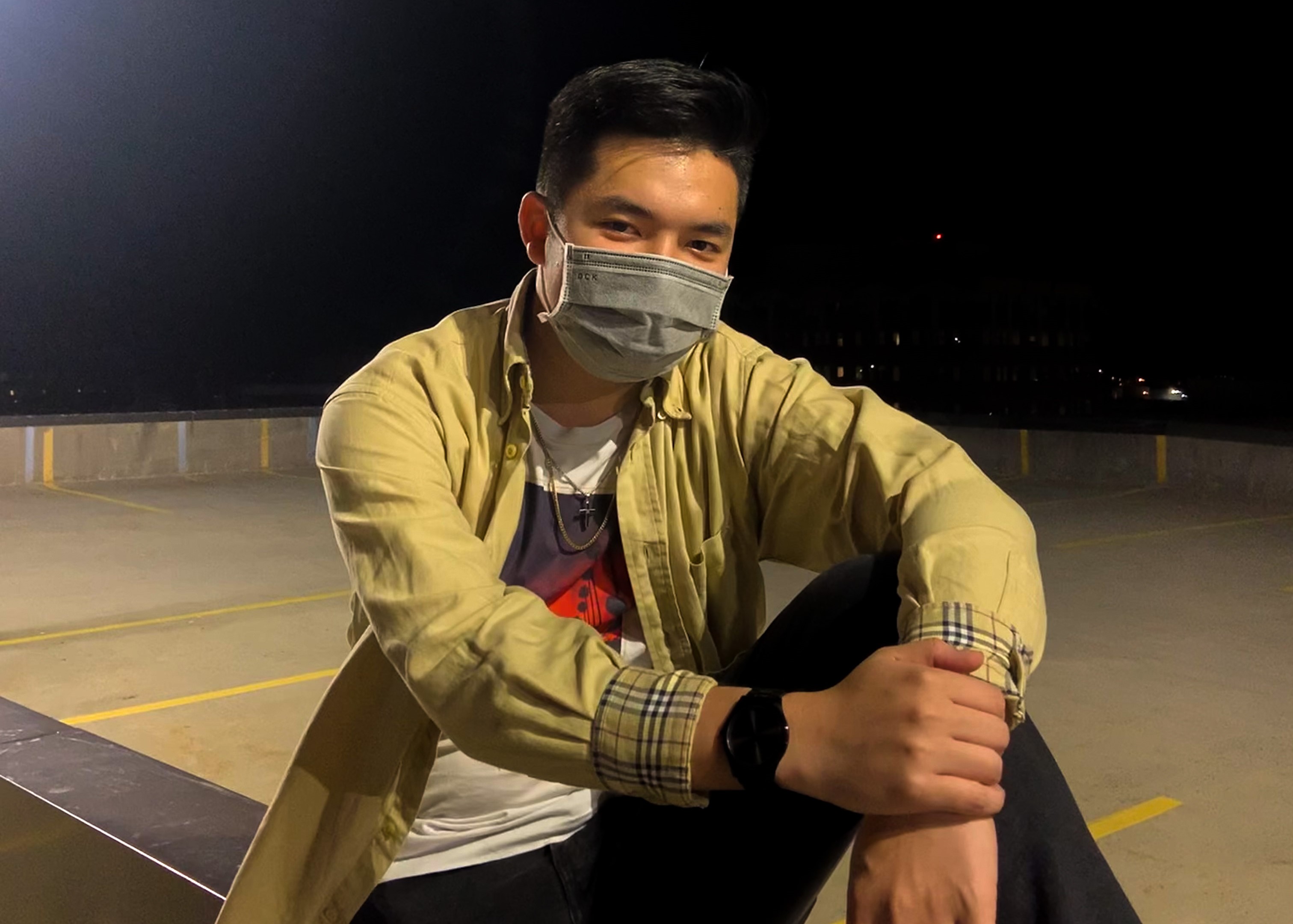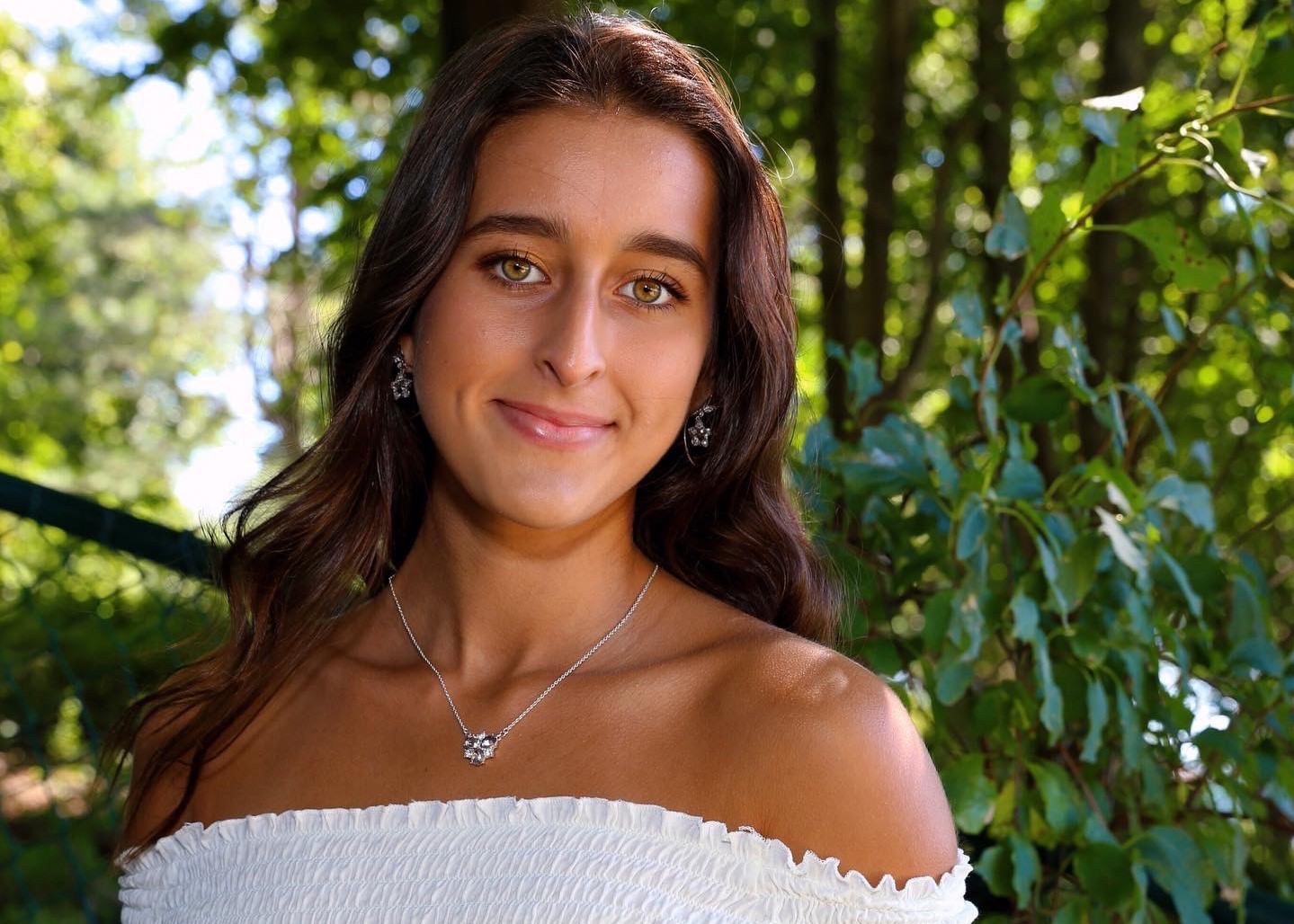Danielle Whyte
This idea of understanding dialogue is the Bridge to Terabithia; it is what connects you to the other side. I remember that I would see some of the people who attended my school posting these horribly big things on their Instagram story and here I would swipe up and ask them "Why?" and that "Why" was oftentimes met with "I don't know." The idea of dialogue and asking that "Why" is the catalyst to getting people to either change their opinion, or at least become a little more open minded, and that open mindedness is what we need to make any progress in terms of racial justice, socio economic justice, handling a pandemic, and everything in between.
